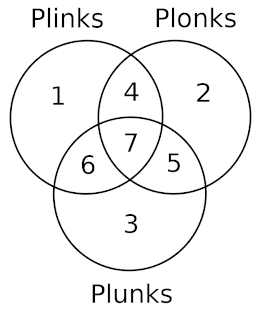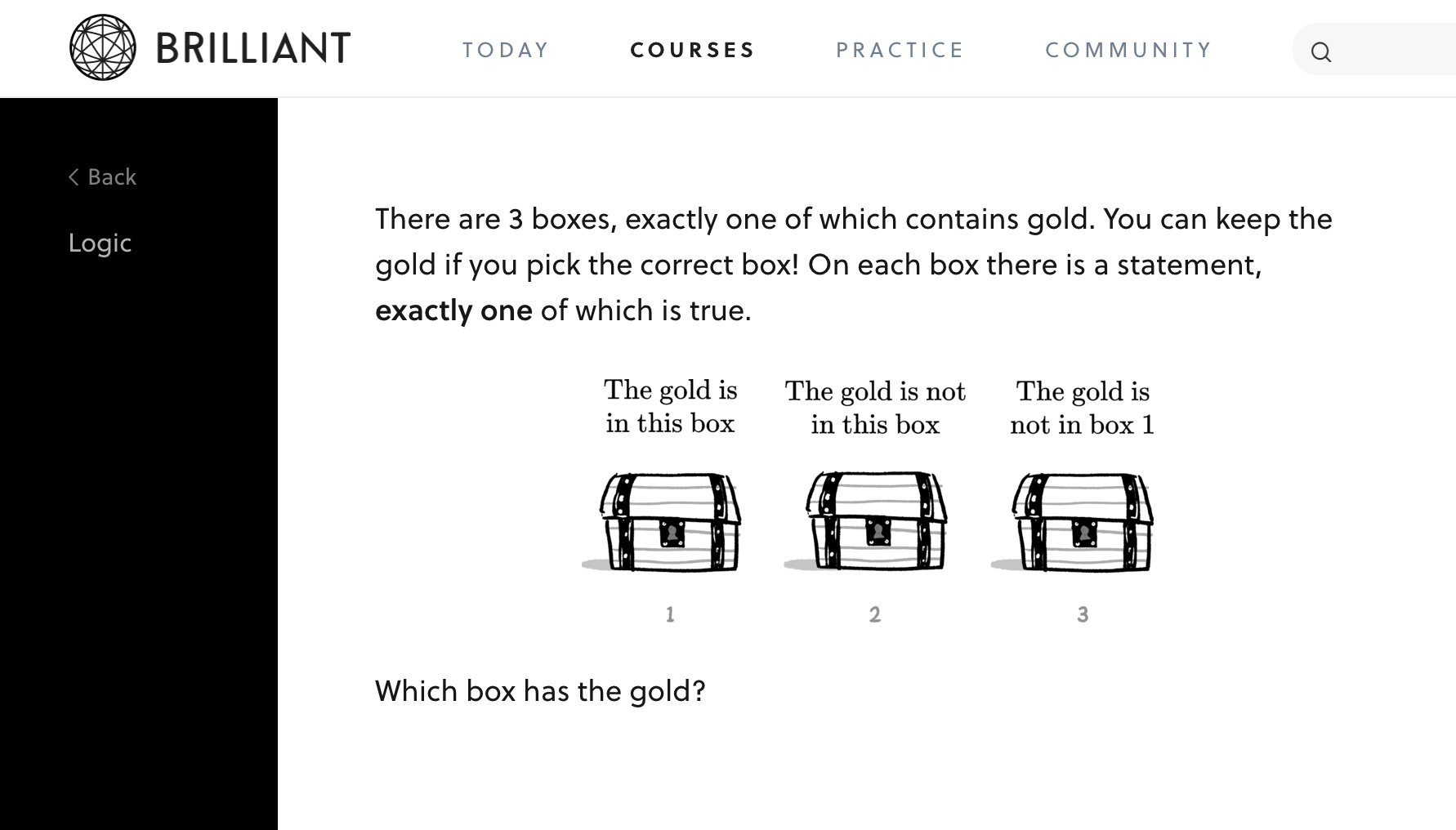Consider this. In making water as necessary for life, God could have ensured water is abundant and all clean. Did God bother to do this? No:
The World Health Organization says that every year more than 3.4 million people die as a result of water related diseases, making it the leading cause of disease and death around the world. Most of the victims are young children, the vast majority of whom die of illnesses caused by organisms that thrive in water sources contaminated by raw sewage.
A report published recently in the medical journal The Lancet concluded that poor water sanitation and a lack of safe drinking water take a greater human toll than war, terrorism and weapons of mass destruction combined.
According to an assessment commissioned by the United Nations, 4,000 children die each day as a result of diseases caused by ingestion of filthy water. The report says four out of every 10 people in the world, particularly those in Africa and Asia, do not have clean water to drink. see https://www.voanews.com/a/a-13-2005-03-17-voa34-67381152/274768.html
But, what if it would have been too difficult for God to make available lots of clean water? This doesn’t help, since surely God could have created a world without earthquakes, tornados, hurricanes, childhood cancer, etc.
We often hear that God is to be thanked for all the good things in life, but never blamed for any of the bad stuff. This is not how Justice works. If God is not Evil, but merely Indifferent, how would we hold such an absentee landlord accountable if He was a human? According to the law:
In United States law, depraved-heart murder, also known as depraved-indifference murder, is a type of murder where an individual acts with a “depraved indifference” to human life and where such act results in a death, despite that individual not explicitly intending to kill. In a depraved-heart murder, defendants commit an act even though they know their act runs an unusually high risk of causing death or serious bodily harm to a person. If the risk of death or bodily harm is great enough, ignoring it demonstrates a “depraved indifference” to human life and the resulting death is considered to have been committed with malice aforethought. In some states, depraved-heart killings constitute second-degree murder, while in others, the act would be charged with “wanton murder,” varying degrees of manslaughter, or third-degree murder. (Wiki)
It’s amazing how people respond to God in a way utterly foreign to how they would treat a human, such as hoping Jesus will come back and be a political dictator, or getting promoted to heaven for the special privilege of praising and feeding God’s ego constantly for all eternity!

